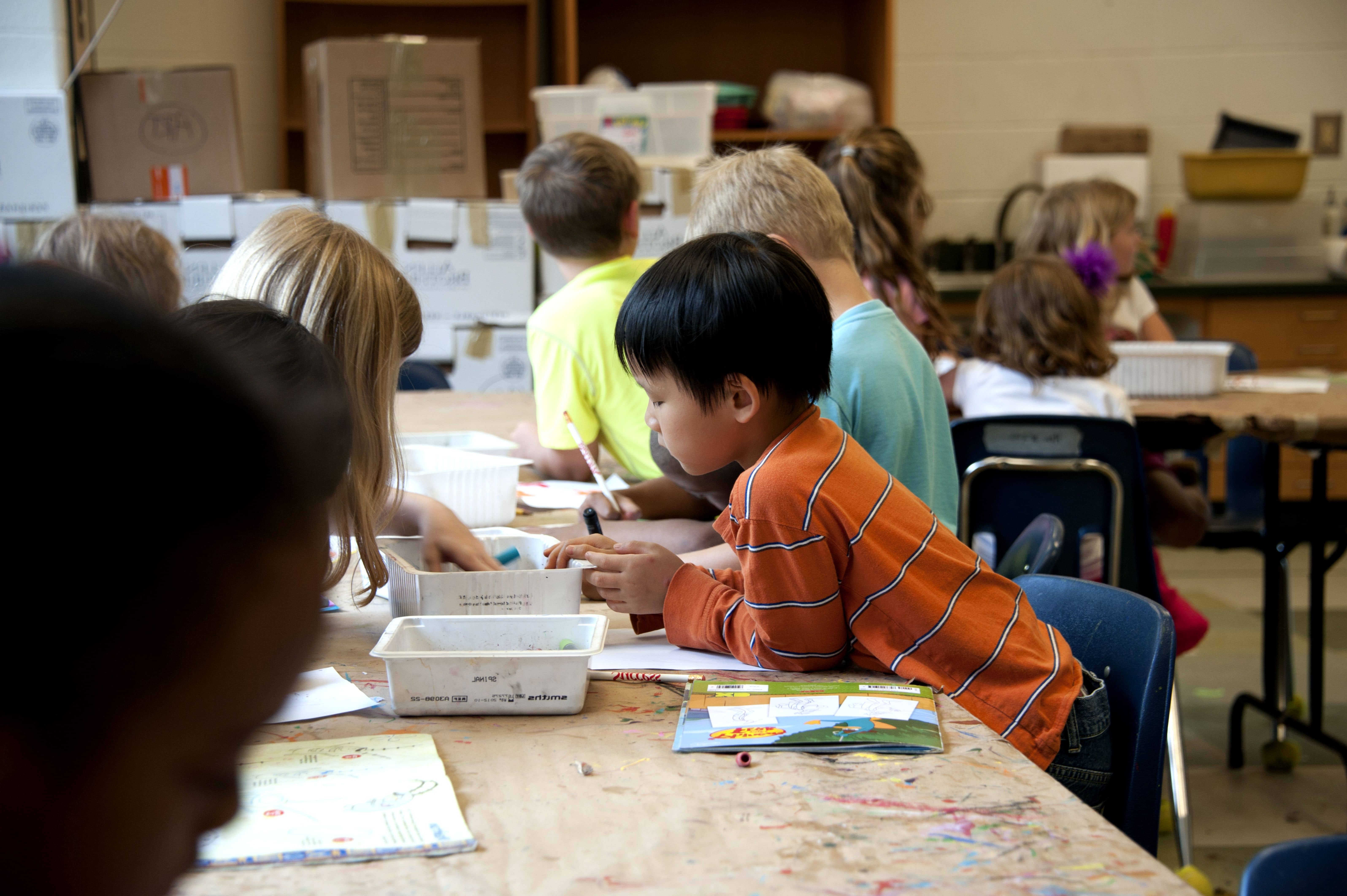
Last week, we talked about the 5 Things All Great Private Tutors in Singapore Have in Common. While our readers loved the article, they also comments about how some tutors and teachers they had were far from desirable.
Indeed, cultures all over the world honor teachers because they nurture the untrained minds of their students and contribute to their mental growth. A good teacher is as much a treasure as a good education. However, not all teachers are good.
In a popular article by Dr Michael S. at Sociology.org, he points out how some teachers degrade certain students by singling them out and publicly shaming them. This can dramatically lower a student’s self-esteem and severely traumatize a child.
Another pilot study conducted at Cosumnes River College a few years ago reported that 18% of students dropped classes because they found the teaching methods ineffective. Some stated that they didn’t like teacher, whereas others didn’t think the grading methods were fair.

So, the attitude of an instructor towards their class and how they convey the subject matter contributes to shaping the student’s perception of that particular subject. Great tutors in Singapore can nurture a student’s interest in a subject, whereas a lousy one can cause students to completely disconnect. Many students who drop a class plan to take it again soon but for those who don’t, career choices may be affected.
“Good teachers are costly, but bad teachers cost more.”
-Bob Talbert
This means that parents, faculty and administration must learn to read the signs and identify instructors who are having a negative impact on the progress of the very same minds they are responsible for developing.
1. Overload of work
How much is too much? There has been a lot of debate over this topic, especially in recently years, as competition for college admission and employment rises. The University of Oxford came under fire this June as the QAA directed the administration to look into the excessive workload that maybe lowering its education standards.
“More men are killed by overwork than the importance of the world justifies.”
– The Phantom Rickshaw and Other Ghost Stories by Rudyard Kipling
It is easy to test the stamina of your pupil. There are countless studies on this subject so there is no reason to ignore the general student statistics of Singapore. The Ministry of Education Singapore releases an annual Education Statistics Digest (ESD) to offer an overview of the state of education in Singapore.
In addition, studies conducted by the government or researchers in the field of Education zoom in on different aspects of student life including health, stress, preferences, etc. N. G. Pope explored the relation of productivity and study schedules in their paper (2005).
However, few listen to common sense anymore. Spurred on by fiercer competition, some teachers push students beyond their natural limits. Another motive of such tutors is to beat other tutors and present the best teaching record in their department. There is only so much work pupils can take before they break because they are human. This damage is quite hard to reverse because the mental and physical strain is significant. So, they end up struggling to achieve even average grades.
2. Impossible expectations
“The last ten chapters will be included in tomorrow’s test,” says the tutor.
A collective groan echoes around the classroom as some students panic. Others resign themselves to failing yet another test. This is not how it’s supposed to go.
There’s nothing superhuman about today’s generation. So, how can they be expected to fulfill the unrealistic demands of their instructors? Sure, they have lightning fast computer technology. They also have access to a wide range of learning tools we didn’t possess back in the day. Still, their minds are human. Poor educators literally set their pupils up for failure. Then they scold them for a bad performance.

3. Unfair punishments
Some teachers have an abusive nature; they are human after all, so they tend to take out their frustration on students. Thankfully, corporal punishment is accepted as taboo among most societies. However, there are plenty of other ways to torture a defenseless young mind that doesn’t involve a wooden cane.
Some teachers punish students by dismissing them from a class – depriving them of the knowledge they need. Others ban students from recess or extracurricular activities – robbing them of a much needed break and opportunity to socialize to develop healthy relationships.
Punishment is seldom effective. It leaves students discouraged and left to drown in self-pity instead of being productive. Instead, a good teacher encourages students and provides constructive criticism.
4. Biased grading
Assigning joint projects allows students to work together and promotes unity. This is how they learn teamwork. Such an approach pushes them to do better and help each other clarify concepts. However, when a teacher favors one over the other or targets one of them on purpose due to personal differences, it divides them.
Sometimes a professor refuses to grant a higher grade to a pupil or fails them repeatedly in a course due to malice. Incidents like these must be reported to the relevant authorities at once before the situation worsens. A zero tolerance policy is required to end discrimination in Singapore’s education sector.
5. Zero encouragement
Due to their young age, students always try to please their teachers. They seek approval especially when they have worked really hard on a task. Every time a pupil presents their assignment, they are nervous about their instructor’s response. A poor teacher just makes it worse by not offering any helpful feedback. An educator is supposed to provide answers not confuse them further and highlight flaws all the time.
“Every child deserves a champion – an adult who will never give up on them, who understands the power of connection and insists that they become the best that they can possibly be.”
-Rita Pierson
The first step to protect students is to offer unconditional support and make them aware of their rights. Abusive tutors get away with it simply by making their pupils feel guilty. So, the victims feel like they deserve such harsh treatment. By speaking up about this issue, we can spot the abusers and take swift action against them. Slowly but surely, we will be able to create a safe and healthy learning environment for our children.
Liked this article? Engage a private tutor today and see the results for yourself!
